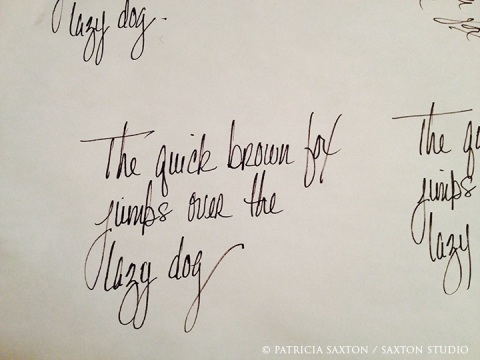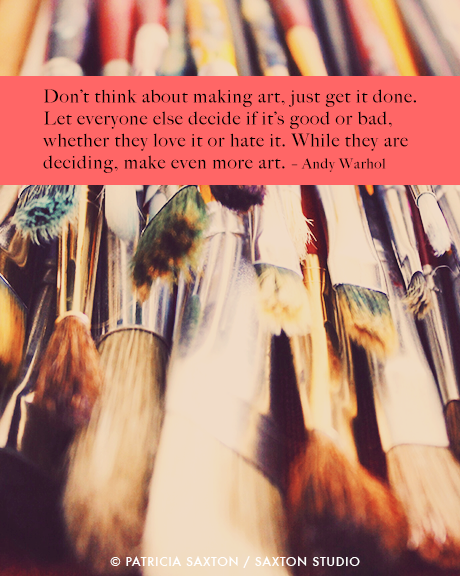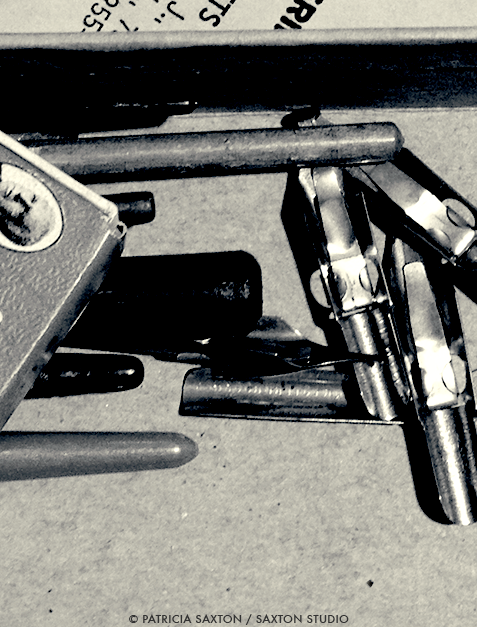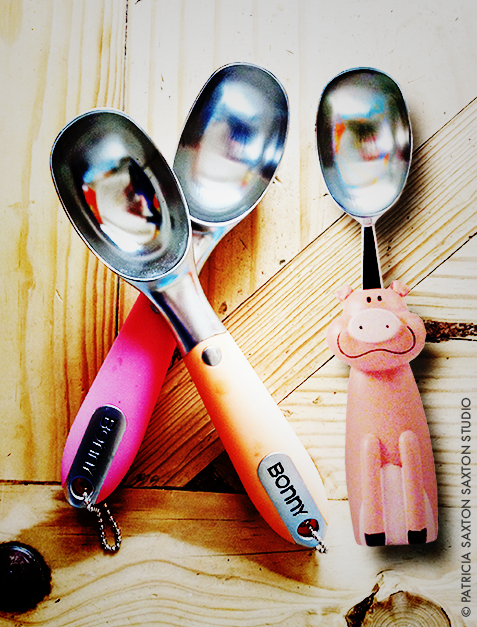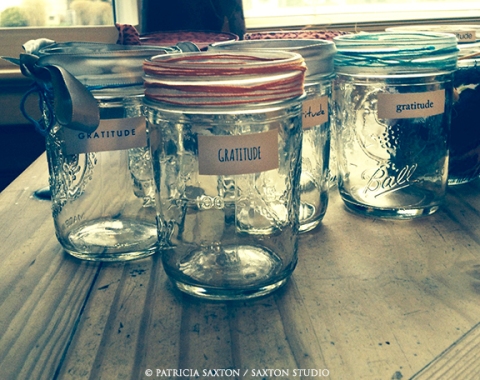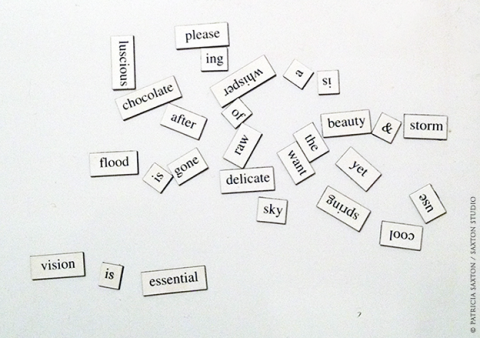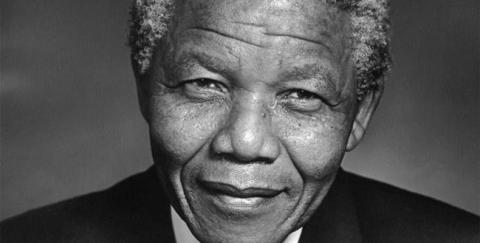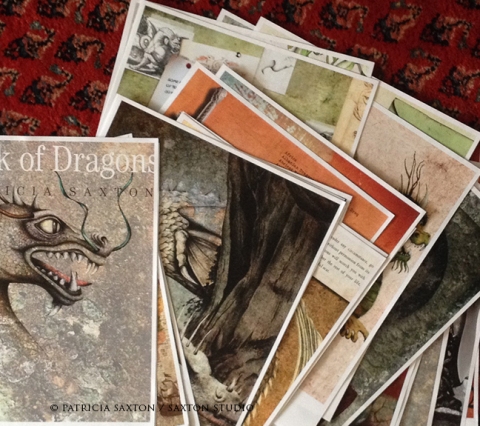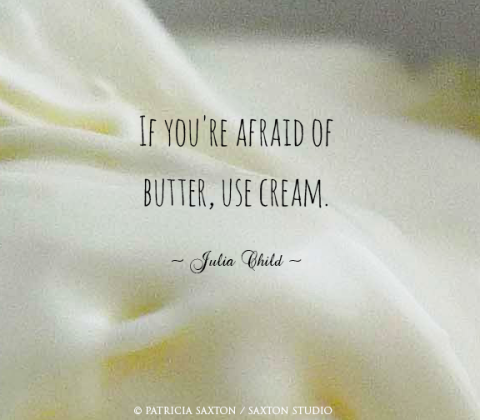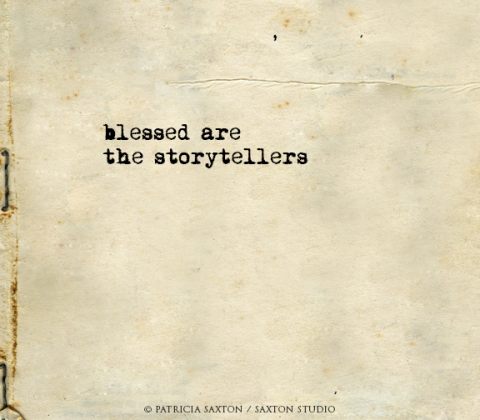Writing by Hand
In my late teens I had the opportunity to have my handwriting analyzed. It was the coolest thing. An old woman in a hospital, whom I never personally met, looked at my swooping p’s and looping y’s and sharply crossed t’s, the height of my h’s, the slants, the weights, the close-or-far-apartness of the letters, if they were small or large, tidy or swirly. What she discovered may well have been the best description of me I’ve heard. Her analysis also told me things I didn’t yet know, almost like a fortune, or a map. It was pretty fascinating.
Which reminds me that the physical, pen-in-hand act of writing is not only a form of communication, it’s a form of self-expression; another window into the soul.
It’s also a fabulous collector of thoughts. Sometimes a pen can’t keep pace with my thoughts, but sometimes the slower act of hand-writing keeps my thoughts in line, keeps them from running off to oblivion, balances my mood. Plus I get to make doodles on the page. (Silly? Not really – it’s actually part of the thought process.)
Something happens between the mind and the hand that’s different than what happens between the mind and the keyboard. Maybe it’s simply that hand-writing is organic. It’s breathing deeply instead of a quick lap around the track.
There’s a place for both the handwritten and the typewritten – one is not “better” than the other; in fact both are good, and both are necessary – but even without the scientific evidence at my fingertips (no pun intended), I am certain that both methods exercise different parts of the brain, some how, some way. (And yes, there are differences between printing and script to form our letters as well.) The entire mind-body-spirit is involved ~ how we think, how we process, how we sit, how we move our hands, how we feel. There’s got to be physiological implications.
And so, while this may be old news, the fact that teaching cursive writing in school is being phased out of the curriculum just blows my mind. I can’t believe it’s even up for discussion, much less already happening.
What about hand-eye coordination, thinking patterns, better comprehension when writing things down “painstakingly” by hand, knowing how to spell and use proper grammar and punctuation without spell-check tools, and yes, expression and creativity?
When it comes to writing by hand, there’s so much in the pro column here, and, as far as I can see, a big zero in the negative column. What is so damn important that basic penmanship skills get the boot?
All this really brings my inner cynic out front. Anyone interested in positive teaching, in my opinion, wouldn’t even consider taking this out of our schools.
Sure, electronic-based writing is more practical, and block-letters are easier to master than script. But there’s enormous value in writing by hand, and to imagine this capacity no longer existing is a truly disturbing thought. The very human-ness of writing by hand should not be relegated to dusty archives, hidden corners, calligraphers and ancient texts.
Please teach your kids to write! (I can hear it now… “But why do I have to do this? I’ll never use it!) Are we to be tethered to electronic devices for everything we do? (Next it’ll be paints. No more Grumbacher. Good bye Winsor & Newton! Why use real paint when you can do it with software?) Who decides the value here? How is that value measured? Will we cordon off whole parts of our brain?
There’s just too much telling people what to do, what to think, how to think, how to feel, how to be. Stop it already. And let kids learn to write. Print letters and script letters. By hand. It’s important.
And not that this is the crux of my argument, but you know, maybe they’ll even gain insights from having their handwriting analyzed one day… their own personally unique formation of words on a page, from head to hand to paper.



